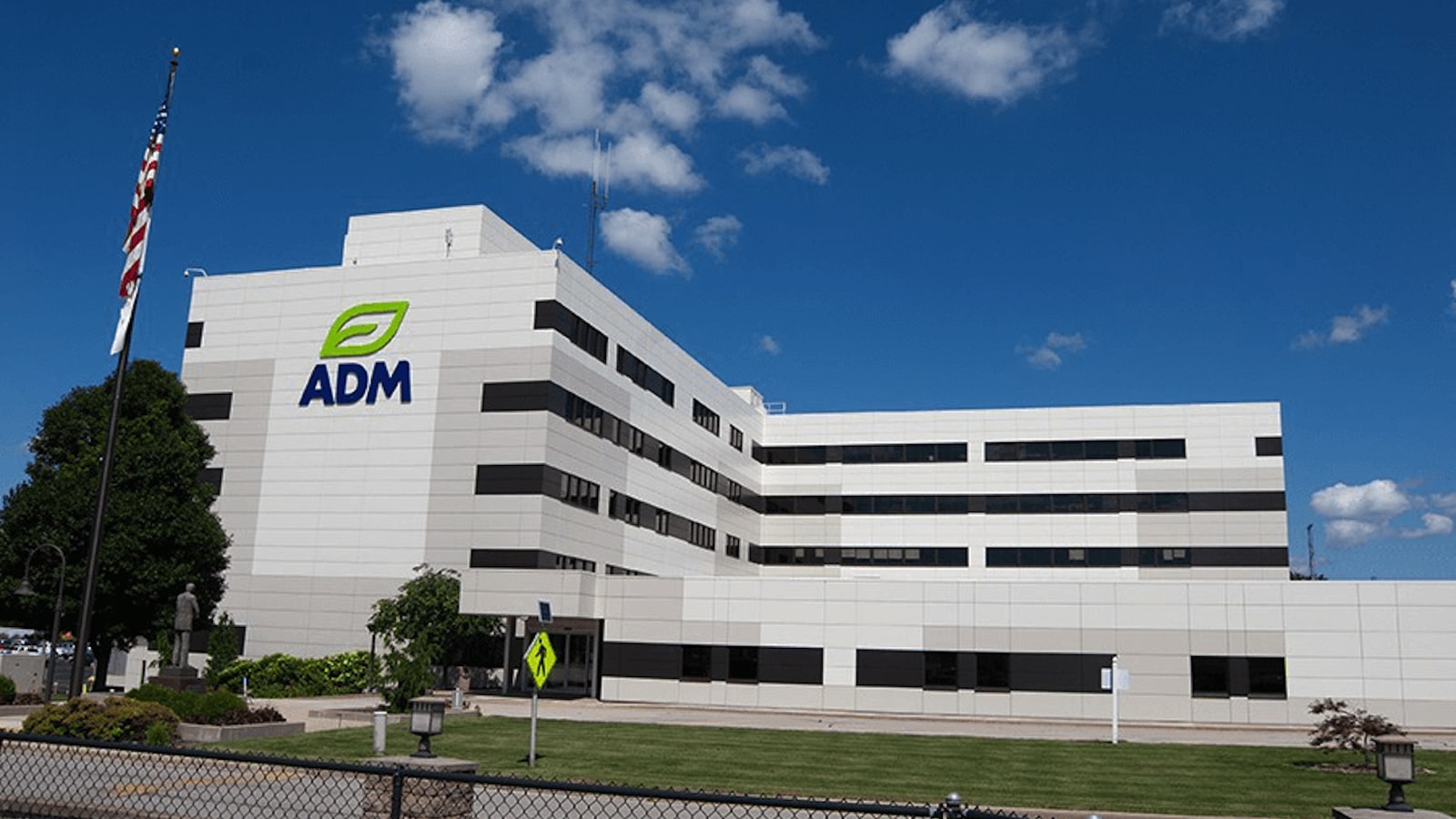But if CCS operations leak, they can pose significant risks to water resources. That’s because pressurized CO2 stored underground can escape or propel brine trapped in the saline reservoirs typically used for permanent storage. The leaks can lead to heavy metal contamination and potentially lower pH levels, all of which can make drinking water undrinkable. This is what bothers critics of carbon capture who worry that it’s solving one problem by creating another.



Far from the only thing that bothers critics, the part where CC results in more CO2 output for all the energy it needs is usually the first thing mentioned. Even if you run CC 100% on renewables, you would still be better of replacing fossil fuels in use elsewhere with renewables then using renewables on CC.
This.
Until the entire world runs on renewables and nuclear power it doesn’t make any sense at all to do carbon capture as the energy used to capture would have been more efficiently spent on avoiding carbon release in the first place.
Been saying this for years here but it usually ends with a lot of downvotes
Indeed, generally one stops the spill before starting clean-up.
If you’re doing CC from air then yes but if you are using something like Exxon’s CFZ technology then maybe not. CFZ is used on the production side to remove the “sour” stuff (like CO2) from natural gas before its burned.
BTW ExxonMobile built that CFZ plant in LaBarge, Wyoming and it’s been operating for over a decade and its now being expanded.